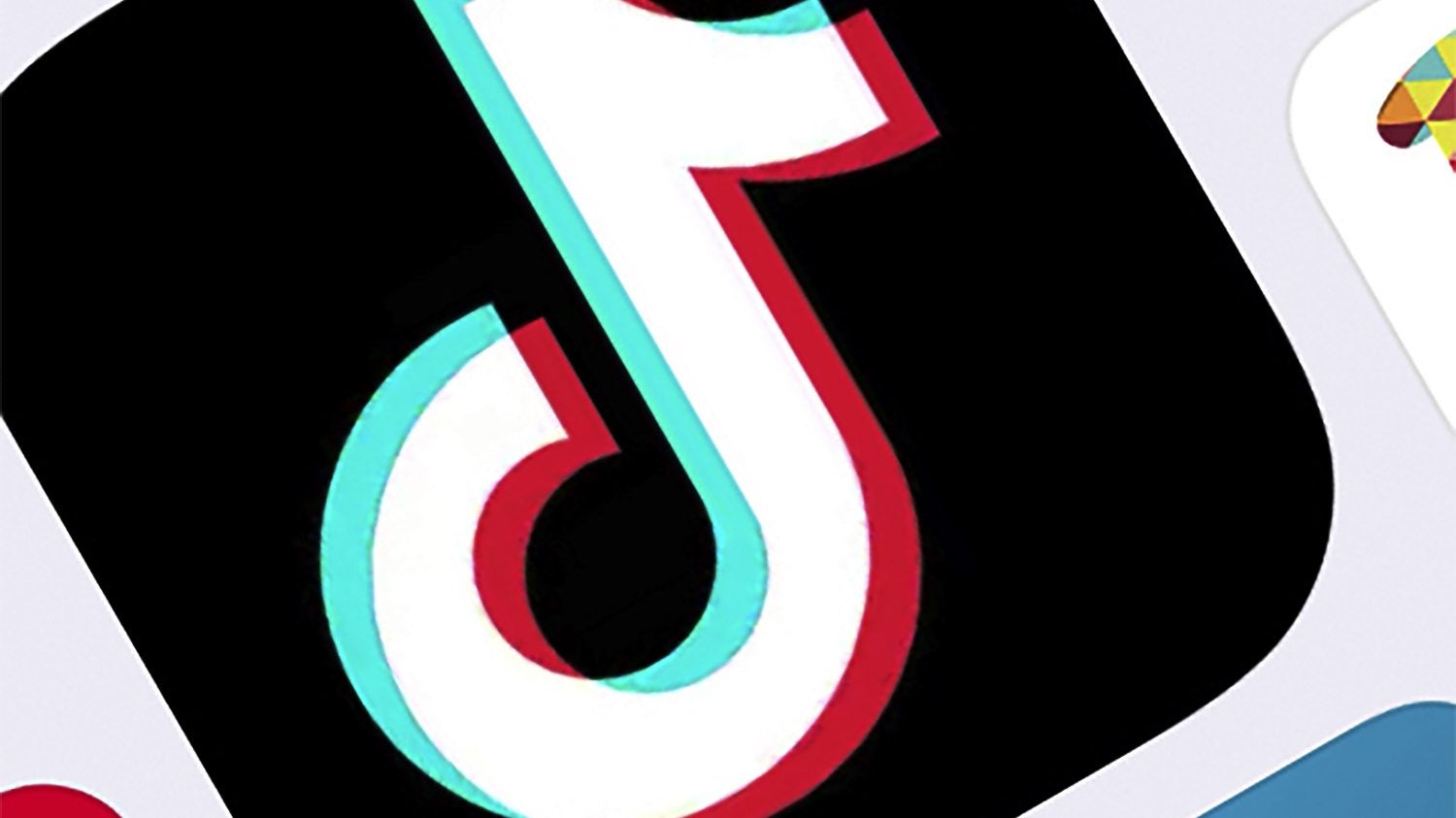TikTok is suppressing LGBT content in Eastern Europe and the Middle East
Update: This story has been amended to include comment from TikTok.


Update: This story has been amended to include comment from TikTok.
Try searching for hashtags related to LGBT issues in countries like Russia, Bosnia, and Jordan on TikTok and you might find no results, even if you were able to see it on a friend’s post.
That’s because the app is now shadow banning such hashtags, including the word “gay” in languages including Russian (гей), Arabic (الجنس_مثلي), and Bosnian (gej), according to findings in a new report released by the Australian Strategic Policy Institute (ASPI), a think tank. Hashtags like “#transgender” in Arabic (#جنسي المتحول) and #I am a gay/lesbian” in Russian (#ягей/#ялесбиянка) are also suppressed. Shadow banning refers to a way of censorship whereby social media companies reduce the visibility of particular content or even stop content from being seen by other users without the uploader being aware of the ban, as opposed to a blanket ban.
While social media platforms around the world are coming under growing criticism for their content moderation policies, TikTok arguably attracts greater scrutiny because of its relationship to Chinese owner ByteDance. The app was found last year to have censored videos such as the 1989 Tiananmen Square student protests. The Guardian also reported last year that TikTok had outright banned content seen as pro-LGBT in countries such as Turkey, according to leaked local moderation guidelines.
The US government has demanded TikTok find an American buyer or face a ban in the country by early November, due to national security concerns. Companies including Microsoft, which has teamed up with Walmart, as well as Oracle are reportedly interested in TikTok. The sale, however, has been complicated by Beijing’s recent move to restrict the export of certain technologies including “data-based personalized information recommendation services”—the kind of algorithm core to TikTok’s global success.
“The meteoric growth of TikTok has now put the [Chinese Communist Party] in a position from which it can shape the information environment on a largely non-Chinese-speaking platform,” wrote ASPI in the report. The think tank argues that TikTok is the first globally popular social media network that takes a “heavy-handed approach” to content moderation, and as such governments should hold Chinese tech services to the same data privacy and protection standards as they do for other international social media networks. The report also names WeChat, the ubiquitous messaging app in China, as another major tool used by the Chinese government to influence the information environment of the Chinese diaspora and even foreign users of the app. WeChat also faces a US ban that could come into effect as soon as Sept. 15.
According to ASPI, other major hashtags that are shadow banned by the app include “#acab,” an acronym for “all cops are bastards,” “#Putin is a thief” in Russian, “#Jokowi,” a nickname for Indonesian president Joko Widodo, and “#why do we need a king” in Thai, amid a wave of protests in Thailand that are openly defying the monarchy.
ASPI also found that TikTok categorizes most of the shadow-banned LGBT hashtags in the same way that it does terrorist groups such as ISIS, swear words, and illicit substances such as cocaine. Some of these hashtags were also categorized by the app as non-existent despite the terms having been tagged in videos on the app.
In a statement, ASPI said that, “We believe that accountability and transparency are essential to facilitating trust with our community. As part of this, we’ve committed to making our moderation policies, algorithm, and data security practices available to experts, which no other company in our space has been willing to do.” It also reiterated that it has never shared information with the Chinese government and would not do so if asked. In its response to ASPI, TikTok explained that some of the restrictions on hashtags were due to their associations with pornographic searches. It added that the company “strongly supports our LGBTQ creators around the world.”